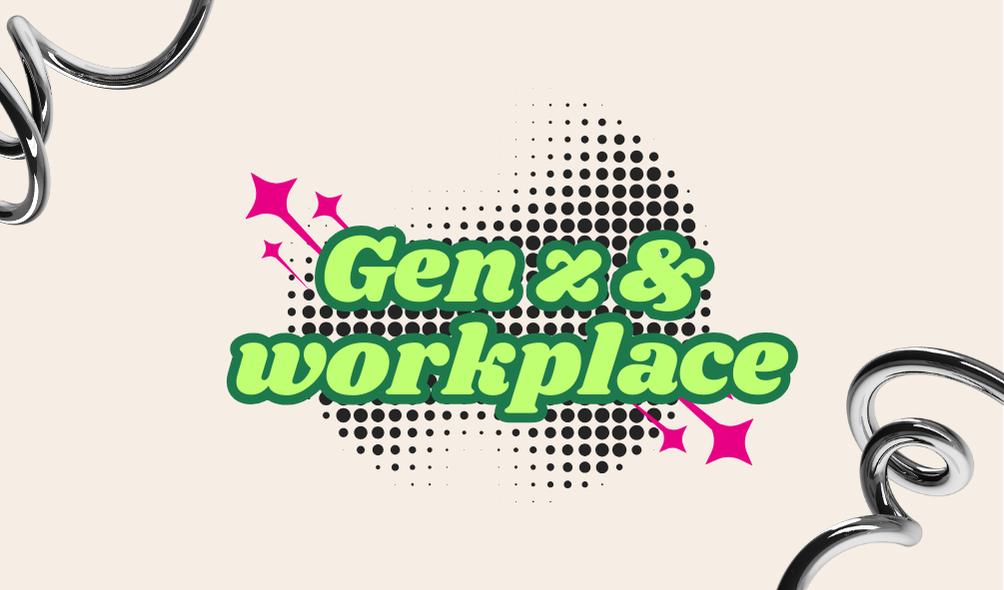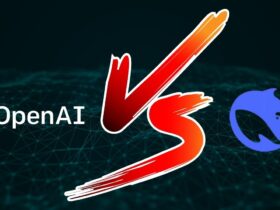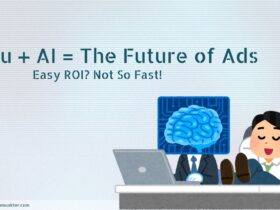As more Gen Z employees enter the workforce, companies are facing a range of challenges when it comes to integrating them with older generations.
The shift towards remote work and flexible hours during COVID-19 has already changed the work landscape, and now, the question remains: will the next wave of workers be Gen Z or Gen Alpha?
Growing up in a tech-driven world, Gen Z sees everything through a different lens. In this issue, we’ll take a closer look at the gap between Gen Z workers and their employers.
Challenges Companies Face with a Gen Z Workforce
Let’s dive in
- High Expectations & Ethics
Gen Z expects workplaces to be fair, inclusive, and environmentally responsible. However, many Gen Z employees tend to leave jobs quickly, raising questions about work ethics - Digital Overload
Relying heavily on digital communication, Gen Z faces challenges when it comes to face-to-face interactions, creating a gap in team cohesion and collaboration
- Immediate Feedback
Gen Z craves real-time feedback and immediate recognition. Traditional annual performance reviews struggle to meet their expectations - Traditional Work Structure
Gen Z prefers workplaces without layers of management. They want to share ideas directly with key decision-makers. The traditional chain of command often frustrates them, as they believe everyone’s voice should be heard - Purpose-Driven Work
Gen Z wants their work to align with their personal values. Companies that focus solely on profit margins often struggle to retain this generation - Formality
Gen Z is less inclined to maintain formality in the workplace. From dress codes to meetings, it’s difficult to sustain a formal culture with this generation
What Gen Z Wants from Employers
Now we look from gen z point of view
- Mental Health Matters
Gen Z cares more about mental health than previous generations. Toxic work environments that harm mental well-being is a major turn-off, and Gen Z has plenty of options to leave such workplaces - Job Security vs. Flexibility
While Gen Z prefers flexibility, they’re also concerned about job security, creating a delicate balancing act - Skill Gap
Gen Z prefers to work based on their skill set, and they may struggle when asked to learn skills they’re not interested in.
Additionally, their digital fluency can impact soft skills like communication, tone of voice, and teamwork - Work-Life Balance
While some companies require employees to disclose their holiday plans, Gen Z values clear boundaries between work and personal life and prefers not to share personal information
How to Minimize the Gap
Now we have to see the solution for minimizing the gap
- Adopt Modern Work Styles
To attract and retain Gen Z, companies need to adopt modern work styles. This includes offering flexible hours, remote or hybrid work options, and using collaborative tools and innovative workflows to align with Gen Z’s tech-driven mindset - Collaborative Environment
Companies should combine digital and in-person interactions to foster strong team connections while respecting both company and Gen Z preferences - Continuous Growth Opportunities
Providing opportunities for growth, upskilling, and clear career paths will help Gen Z stay motivated, benefiting both the workforce and the company - Transparency
Building a transparent workplace that values employee contributions is key. Gen Z wants to work in an environment where credit is given where it’s due - Health and Mental Health
Fostering a culture of care for mental health and work-life balance is essential, as creativity and productivity thrive in a peaceful mind
Final Thoughts
As we look ahead, Gen Z and Gen Alpha will make up the majority of the workforce. By understanding their needs and helping them understand the needs of companies, we can minimize the challenges and build a stronger, more effective workforce.
Let’s work together to create an environment where everyone can grow, thrive, and succeed.
That’s all for today. See you next




Leave a Reply